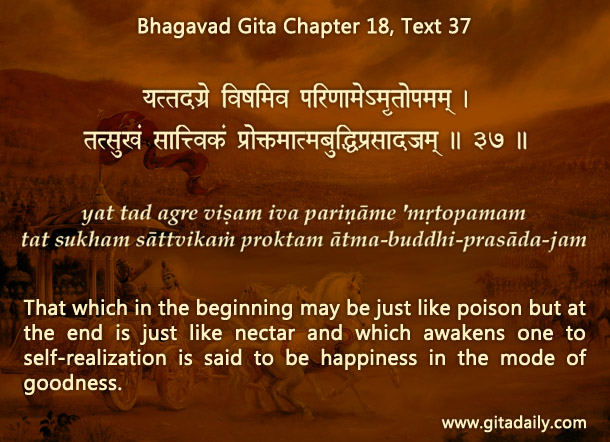Why seeking something worthwhile is better than seeking something wonderful – Suppose we want to write a best-selling book. Suppose further we start worrying that what we write may not turn out to be so wonderful. That fear may paralyze and demoralize us so much that we end up not writing anything at all. If we consult experienced authors, they will encourage us to focus on the basics of the process of writing: just seek to write one worthwhile thought at a time.
What applies to writing applies to life at large. Instead of worrying whether we can do something wonderful in our life, we can start working on doing something worthwhile. We can focus on using whatever ability we have, to do whatever we can, as well as we can. Through such focused endeavor, we will learn to discipline ourselves and will evolve toward becoming better human beings. Such discipline and evolution may eventually enable us to do something wonderful. Even if that doesn’t happen, we will still have avoided worthless or self-destructive things — something we may gravitate toward if we feel too demoralized for too long. More importantly, the ethos of regularly doing something worthwhile can make our life more fulfilling than the short-lived euphoria of occasionally doing something wonderful. That ethos will lay the groundwork for a life well-lived.
Pertinently, the Bhagavad-gita indicates that poison is often the way to nectar (18.37) — accepting that what we are doing might not be something wonderful can seem like poison to our ego. But that acceptance can help us shift our focus to doing something worthwhile, thereby opening the way to nectar-like fulfillment for our heart.
One-sentence summary:
If we worry whether we are doing something wonderful, we may end up demoralized; if we instead work on doing something worthwhile, we can keep ourselves energized.
Think it over:
- While writing, how can we avoid becoming paralyzed or demoralized?
- What are the benefits of focusing on doing something worthwhile?
- Is any worry paralyzing you? Can shifting your focus help you deal with that worry?
***
18.37: That which in the beginning may be just like poison but at the end is just like nectar and which awakens one to self-realization is said to be happiness in the mode of goodness.
To know more about this verse, please click on the image
Explanation of article:
Podcast:



Leave A Comment